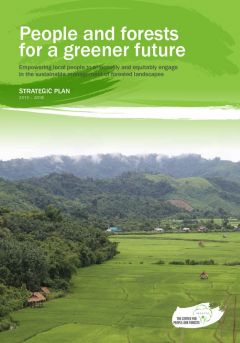Gender in REDD+: A Handbook for Grassroots Facilitators
The main objective of the handbook is to support local trainers and facilitators who are already familiar with climate change and REDD+. It provides them with useful information on gender considerations for climate change and REDD+ related training and capacity development programs.





